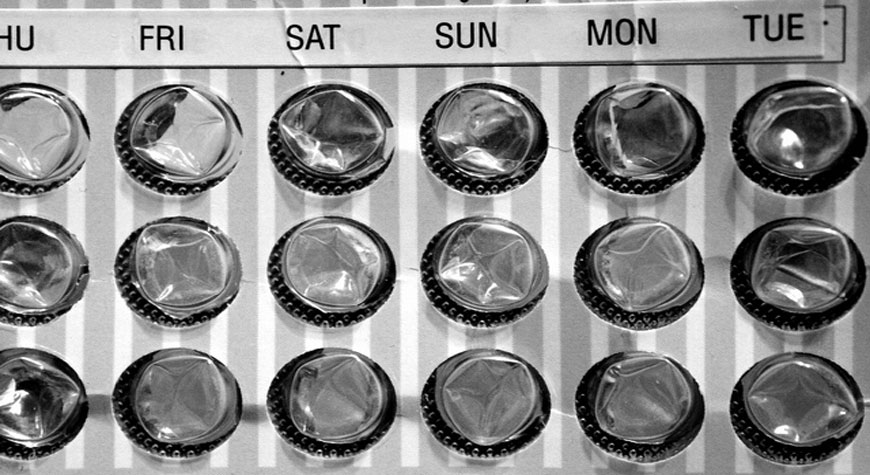Pope Francis recently spoke at length about birth control and population, saying in an unusually frank language that Catholics should not feel they have to breed “like rabbits” because of the Church’s ban on contraception.
Although he restated the ban, the Pope went on to say that the Church approves natural family planning methods and promotes “responsible parenthood.”
The comment was made after his visit in the Philippines, where the local Church opposes a government law making contraceptives easily available. The Pope has since rowed back from the comment, saying that economic injustice, not large families, was the real cause of poverty.
Having large families may not be the main cause of poverty, but it certainly affects the economy in comparison to those practicing family planning. An advocacy organization called Population Action International (PAI) showed that birth control isn’t just good for women, it’s good for the economy too.
According to PAI, for every US$1 invested in family planning, we save $4 in other areas like education, public health and water and sanitation. Moreover, when women are able to plan their pregnancies, they tend to live longer, have smaller families and are better able to participate in the workforce. Women who have access to contraception even typically make 40 percent more than those without access, which is not only good for themselves and the families, but for the whole country.
Check out this cool infograph to be more informed.









Comments